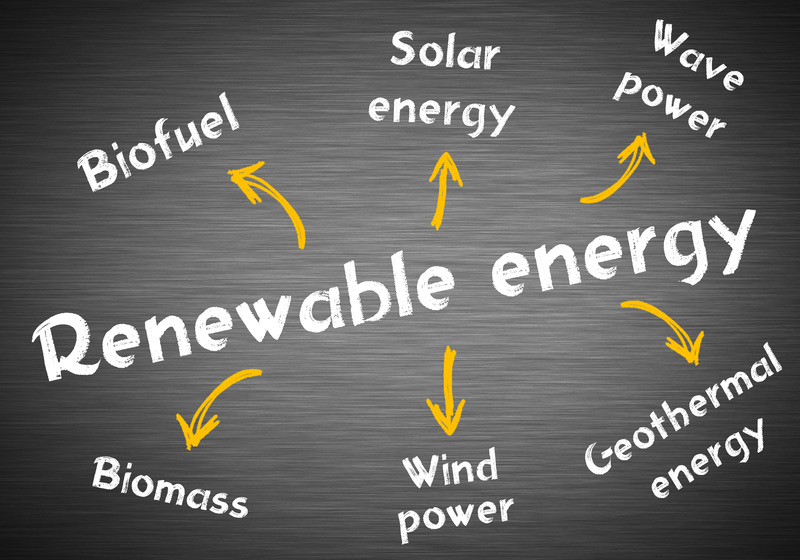As environmental concerns intensify, more homeowners are seeking ways to transform their living spaces into sustainable havens. Adopting eco-friendly practices not only helps in reducing our carbon footprint but also promotes a healthier living environment. In this article, we will explore various aspects of home sustainability and offer actionable tips to make your home more eco-conscious.
Understanding Home Sustainability
Home sustainability refers to practices that reduce the environmental impact of your household, enhance energy efficiency, and promote the use of sustainable resources. By implementing eco-friendly home solutions, you can contribute significantly to environmental preservation and enjoy financial savings in the long term.

Energy Efficiency Improvements
Upgrade to Energy-Efficient Appliances
Opting for appliances with high energy ratings is one of the simple yet impactful ways to cut down on energy usage. Look for gadgets labeled with Energy Star certification which indicates superior energy efficiency.
Incorporate Renewable Energy Sources
Investing in solar panels or wind turbines can significantly decrease your reliance on traditional energy sources. Not only do these renewable options reduce emissions, but they also lower your energy bills over time.
Enhance Home Insulation
Ensuring proper insulation keeps your home warmer during winters and cooler in summers, reducing the need for excessive heating or air conditioning. Use eco-friendly materials like cotton, wool, or cellulose insulation to improve efficiency.
Water Conservation Techniques
Install Low-Flow Fixtures
Consider switching to low-flow toilets and faucets that use significantly less water than traditional models. This not only conserves water but also saves on utility bills.
Rainwater Harvesting
Rainwater can be a valuable resource. Setting up a rainwater collection system allows you to use this water for gardening or other non-drinking purposes, reducing your dependence on municipal water supply.
Fix Leaks Promptly
Even minor leaks can lead to substantial water wastage over time. Regularly check and repair leaking faucets, toilets, and pipes to ensure efficient water use.
Adopt Sustainable Materials
Choose Eco-Friendly Building Materials
If you're remodeling or building a new home, opt for sustainable materials like bamboo flooring, recycled metal roofs, or reclaimed wood. These options not only look great but also reduce environmental impact.
Use Non-Toxic Paints
Conventional paints often contain volatile organic compounds (VOCs) that can harm your health and the environment. Choose paints labeled as low-VOC or no-VOC for a safer choice.
Eco-Friendly Landscaping
Implement Xeriscaping
Xeriscaping involves using native plants that require minimal watering and maintenance. This method not only conserves water but also reduces the need for fertilizers and pesticides.
Create a Compost Pile
Rather than discarding organic waste, composting converts it into nutrient-rich soil. This practice reduces landfill waste and provides free fertilizer for your garden.
Install Drip Irrigation
This irrigation method delivers water directly to plant roots, minimizing evaporation and runoff. It ensures that plants receive adequate water without wastage.
Waste Reduction Strategies
Practice Recycling and Upcycling
Reduce waste by recycling materials like paper, glass, and plastics. Additionally, consider upcycling old items into new, useful products instead of discarding them.
Opt for Reusable Products
Shift towards using reusable bags, bottles, and containers to minimize single-use plastic waste. This small change contributes significantly to waste reduction.

Empowering Home Sustainability
Educate Family Members
Sustainability is a collective effort. Educate your family about the importance of eco-friendly practices to ensure everyone is on board and contributes to the initiative.
Monitor and Adjust Energy Usage
Keep track of your household's energy consumption and adjust habits accordingly. Small changes like turning off lights when not in use or unplugging electronic devices can yield substantial results.
Support Local and Eco-Friendly Brands
Wherever possible, purchase products from local businesses that prioritize sustainability. By doing so, you support your community and contribute to eco-friendly practices.
Conclusion
Embracing home sustainability is not only beneficial for the planet but also improves the quality of life within your home. By implementing these eco-friendly tips, you can make a significant impact on the environment while enjoying a range of personal and financial benefits. Start small, and gradually build your way towards a more sustainable lifestyle.
Remember, every small step counts when it comes to protecting our planet. Let's invest in sustainable practices and pave the way for a healthier, greener future.